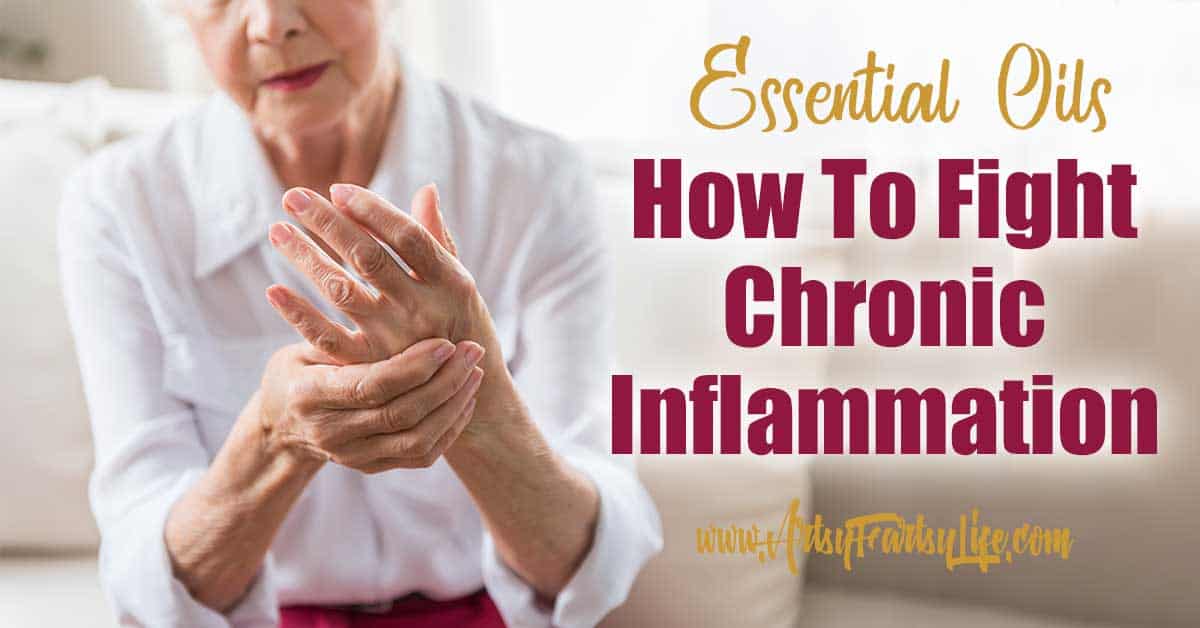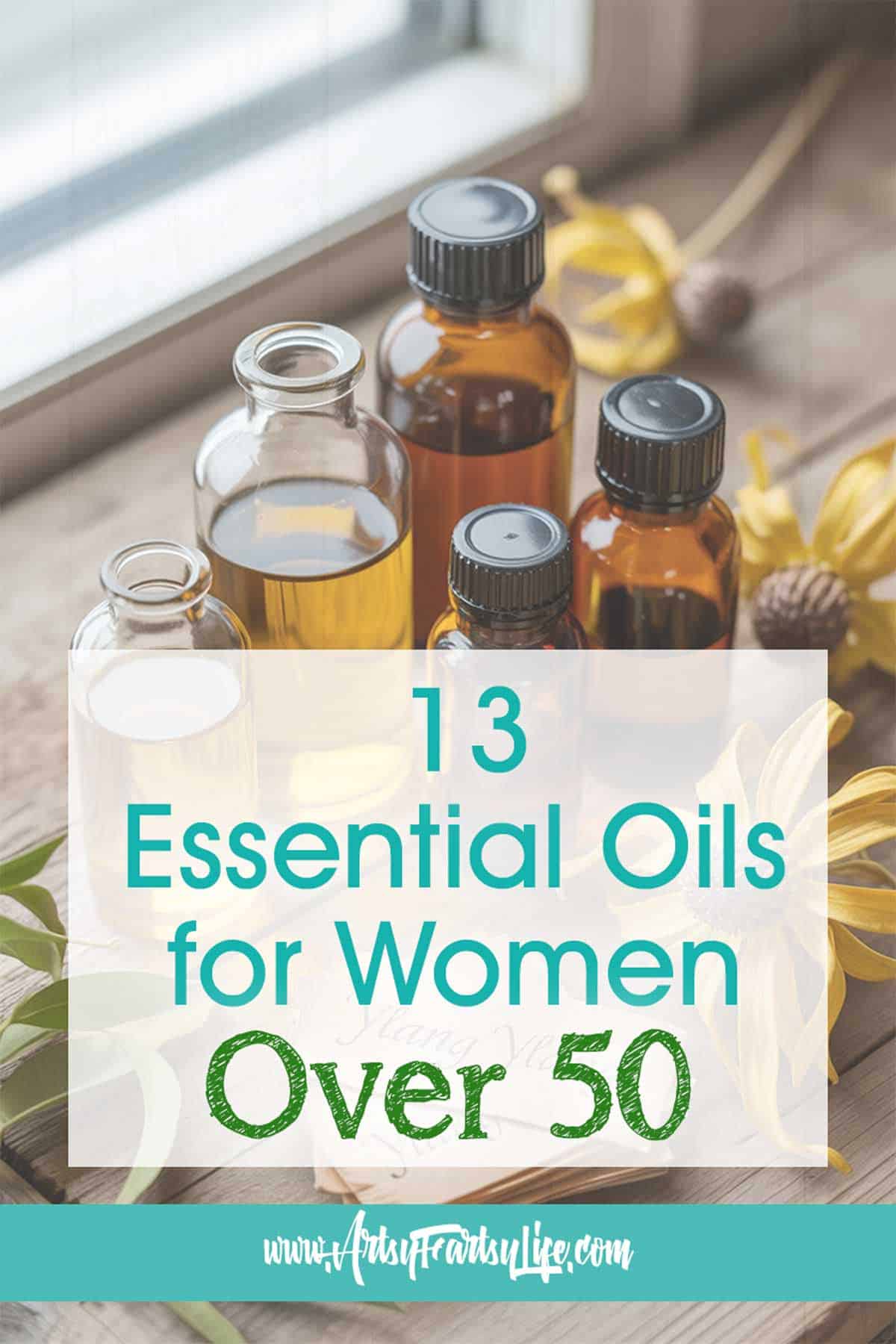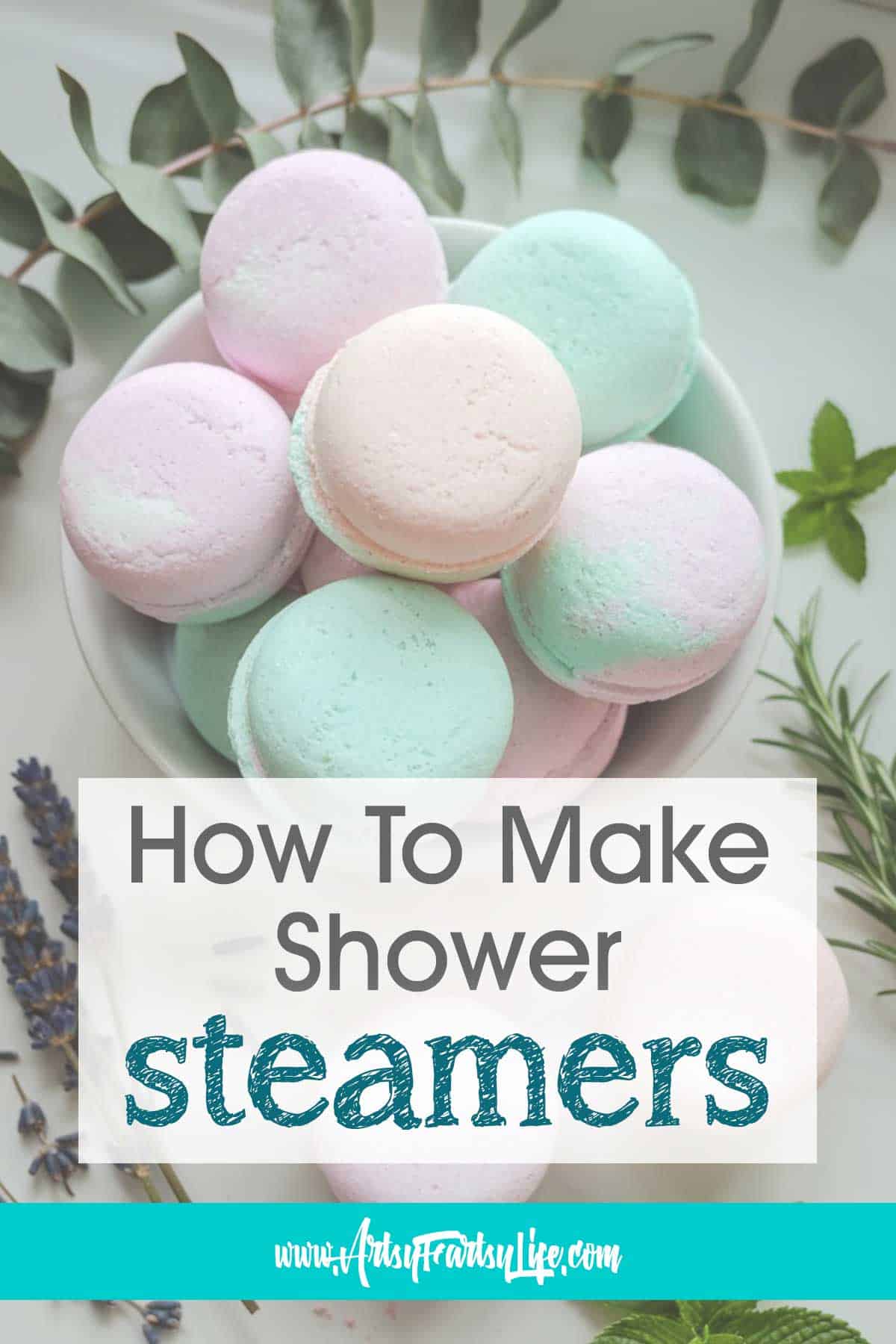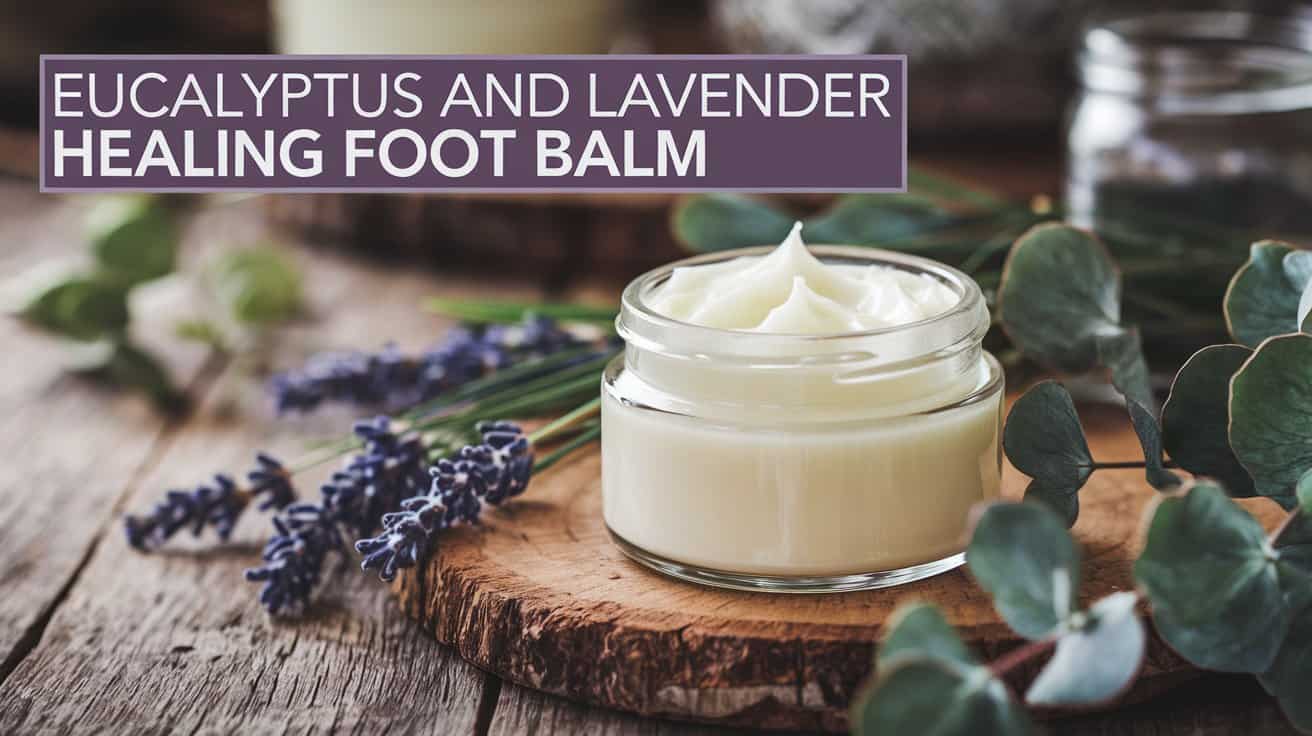
As someone who suffers from inflammation, I KNOW how insidious the pain is and how it can travel around your body, causing aches and pain everywhere. I hate having to take pill after pill to fight the aches and pain and was thrilled to find out that essential oils for inflammation could help with my chronic pain.
Note: Some links in this post are affiliate links, which means I receive a commission if you make a purchase. I try to find amazing things that my readers will love as much as I do!
What Is Inflammation?
According to Harvard Health site, there are two types of inflammation, acute and chronic.
Acute inflammation happens when you cut or bang yourself up and white blood cells rush in to help heal that specific injury. Your injury swells up and your body heals. Acute inflammation is a very good thing.
Chronic inflammation on the other hand is a very bad thing. It can grow up around plaque in your arteries and cause heart attacks (this is mostly caused by smoking or fatty buildup). It is linked to causing Alzheimer's, leaky gut or Celiac Disease, chronic fatigue, cancer, rheumatoid arthritic and diabetes. Crap... those all SUCK!
Symptoms of Chronic Inflammation include:
- joint pain
- fever
- fatigue
- chest pain
- mouth sores
- abdominal pain
- rash
- bleeding gums
My personal inflammation is very obvious and comes on slowly like a freight train starting up and then gaining speed. Bumping my toes becomes a "sit down for a minute and collect myself because it hurts so much" kind of event. My joints start to ache and within a few weeks I can barely move my shoulders without some serious pain.
Because constant aches and pain had been such a part of my life for so long, I never really thought about them much. I generally just took three Ibuprofen a day, took a course of antibiotics twice a year and waited for the whole cycle to start over.
Essential Oils For Chronic Inflammation
And then I found out that essential oils could help with inflammation... awesome! So I got some and then thought, well how the hell am I going to get these into my body? There was a lot of airy-fairy talk but no real, "this how we do it" directions.
So first off, here are ways you use essential oils to fight inflammation:
1. Put them on the soles of your feet
This one freaked me out and I thought was the stupidest thing I have ever heard. WHY would I put them on my feet?
First because feet are not as susceptible to getting irritated by oils so you can use stronger concentration. And second, they have bigger pores and no oils so the essential oils can get in your bloodstream faster.
I use a roller bottle to apply my essential oils (on my hands when I am out and on my feet when I am home!)
2. Diffuse them in the air
If you don't have cats, using a diffuser is a great way to get essential oils into your body. You breathe them in from the air and absorb them gently into your skin.
If you do have cats, PLEASE read this post before you use a diffuser: Oh Rats, Cats And Essential Oils Just Do Not Mix
3. Brushing with them
I have had a great result with putting a drop or two of essential oils on my toothpaste and brushing with them. Because I have inflammation in my gums, it is getting the oils right to the heart of the problem and I don't forget because I brush my teeth twice a day anyways. Wintergreen, Thyme, Cinnamon, Peppermint, Spearmint, Myrrh, Tea Tree & Clove are great oils to brush with!
This is not my most fun use because I HATE the taste of tea tree oil, but the value of helping my gums is so worth the yuck factor. Go slow and be careful using them orally if applying essential oils to your skin causes irritation. DO NOT swallow the oils.
4. Applying topically to the spot that hurts
My mother in law is decidedly non-woo-woo-y and thinks that most of what I do is poppy-cock, but she has arthritis pretty badly in her hands and DOES get relief from applying essential oils right to the skin outside the joint that hurts. She uses straight oils in a roller ball like I do.
5. I Don't ingest them
I don't recommend ingesting them (drinking essential oils with water or putting them in a capsule and downing them) because you can cause all kinds other problems that inflamed people just don't need to add to the mix!
Essential Oils For Inflammation
Chamomile: this oil has analgesic properties which soothe the pain, especially in inflamed joints and muscles. It is also calming which is great for tension headaches, sore muscles, nerve pain and digestive issues like pain caused by excess gas and stomach cramping. The chamomile plant has flavonoids which have anti-inflammatory properties. Use it in a carrier oil and massage it into the area of pain or use it in a diffuser.
Lavender: this oil is probably the best known for treating pain and inflammation. It has stress and anxiety reducing properties, as well as anti-inflammatory and analgesic properties. Studies have shown that it is as effective as over the counter anti-inflammatories and analgesics. Use it in a carrier oil to massage into the affected area, or diffuse it. Inhaling it via a diffuser has been shown to ease or remove migraine pain. Lavender can be used neat. directly on the skin.
Sweet marjoram: this oil has a sedative and anti-inflammatory effect and has been shown to be effective in alleviating headaches, migraines, neuralgia (nerve pain), toothaches, stomach cramps and other intestinal disorders. It can be used in carrier oil, neat or diffused.
Eucalyptus: this essential oil is a very powerful pain reliever especially for nerve pain, muscle pain and sinus pain and is also a natural decongestant. It is an antioxidant, anti-inflammatory and antibacterial. It can be used on cuts and scrapes. It's strong, so using a carrier oil is probably a good idea.
Peppermint: this oil is very similar to eucalyptus. It has a cooling property which is effective for pain relief with burns. It also is a great treatment for digestive issues. It is a decongestant, antimicrobial, anti-inflammatory and antifungal.
Rosemary: rosemary is an analgesic and anti-inflammatory and is a great oil for chronic pain. Studies at the University of Maryland have shown that it improves blood circulation which is a big part of pain relief. It can also be used in conjunction with pain medications to boost their effectiveness. That’s great because you won't have to increase dosages to keep pain under control.
Thyme: thyme is a great oil to treat backache, muscles pains, or inflammation in joints. It has a compound called carvacrol which suppresses COX-2, an enzyme connected with inflammation, which is the same thing that non-steroidal anti-inflammatory drugs (NSAIDs) do.
Sandalwood: this oil will fight inflammation and joint pain, relax muscles and help with muscle spasms. It helps to manage pain by sedating the nervous system by reducing the production of adrenaline. Mix it with a carrier oil to make a pain-killing ointment for sore muscles, knee pain, and rheumatic conditions, or add a few drops to your diffuser to inhale to get relief from headaches, migraines, anxiety, and stress.

Juniper: juniper will relieve stiffness and pain. It has a numbing effect which will relieve pain. Use it in the bath alone, or with other fir, pine and spruce oils to relieve muscle pain. It's effective in treating the symptoms of gout and rheumatoid arthritis by applying it to the affected joint.
Ginger: this can alleviate joint pain and ease muscle stiffness. It is anti-inflammatory and has analgesic properties and is great to treat rheumatoid arthritis, menstrual cramps, joint inflammation, and osteoarthritis.
Frankincense: while usually associated with Christmas, this fragrant oil has analgesic and anti-inflammatory properties.
Yarrow: as an herb yarrow has been used for centuries as a medicine. As an essential oil it is very effective in treating abdominal pain and inflamed joints, gout, eczema, dermatitis, rosacea, and other inflammatory skin conditions.
Wintergreen: Peppermints cousin has similar qualities, but wintergreen has an effect closer to aspirin than ibuprofen. It is very effective with lower back pain.
Vetiver: this oil is effective in calming and soothing inflammation, especially if it is found in the circulatory or nervous systems. It's great for general aches and pains and will help relieve stress.
Helichrysum: this oil is a powerful analgesic, anti-inflammatory and will help to repair damaged skin. Used neat or in a carrier oil directly on an injury will relieve pain and prevent bruising.
Black pepper oil: this is great for muscle aches, increases blood circulation, reduce inflammation and is anti-bacterial.
Lemongrass: this is a mood booster and anti-inflammatory. It can reduce the symptoms of arthritis and rheumatism.
Rose geranium: this oil is a great ache and pain reliever, but is very good in helping with the pain of shingles and other nerve related conditions. Studies have shown that rose geranium has a similar effect to some anti-arthritis and anti-rheumatic drugs.
Bergamot: most people think of Earl Grey tea when they hear bergamot, but it's also good to use to relieve headaches and reduce stress and anxiety. Studies have shown that when bergamot is inhaled it releases certain hormones that reduce the sensitivity of nerves to pain.
You can use any carrier oil to dilute any of these essential oils, but some carrier oils even have analgesic and anti-inflammatory properties. These are coconut oil, jojoba oil, extra virgin olive oil and castor oil.
Essential Oils For Chronic Inflammation Wrapup
I have found personally that doctors are not all that interested in diagnosing chronic inflammation, the test for it is very expensive so it is not a regular practice and taking antibiotics to cure it is a short term, body havoc wreaking solution.
All inflammation will manifest different ways in different people so make sure to do your research and see if you match any of the symptoms of chronic inflammation and then GO SLOW!
I am not sensitive to essential oils and can swish them, rub them and roll them on without any carrier oils to dilute them, but many people are more sensitive than I am.
Also, please do not think that you need to run out and get every essential oil listed on this page. Start slow with one or two that you think might help and then add or subtract as you go. I have heard some gals think that if they don't have all the "right" oils it doesn't pay to start, but that is just not true. Get what you can afford and add as you go!
I get my essential oils from Rocky Mountain Oils who has great resources and a high quality product! (oh and fun rewards program that let's you get free products from time to time!)







